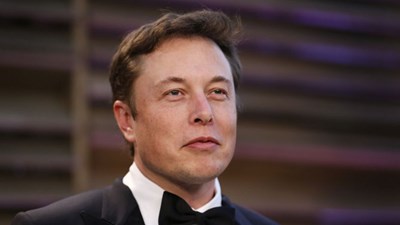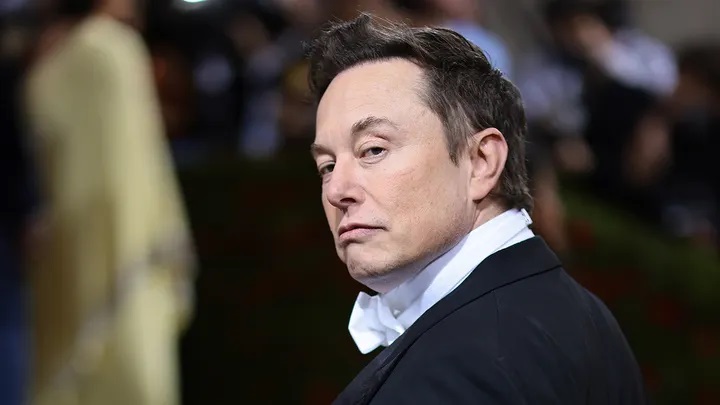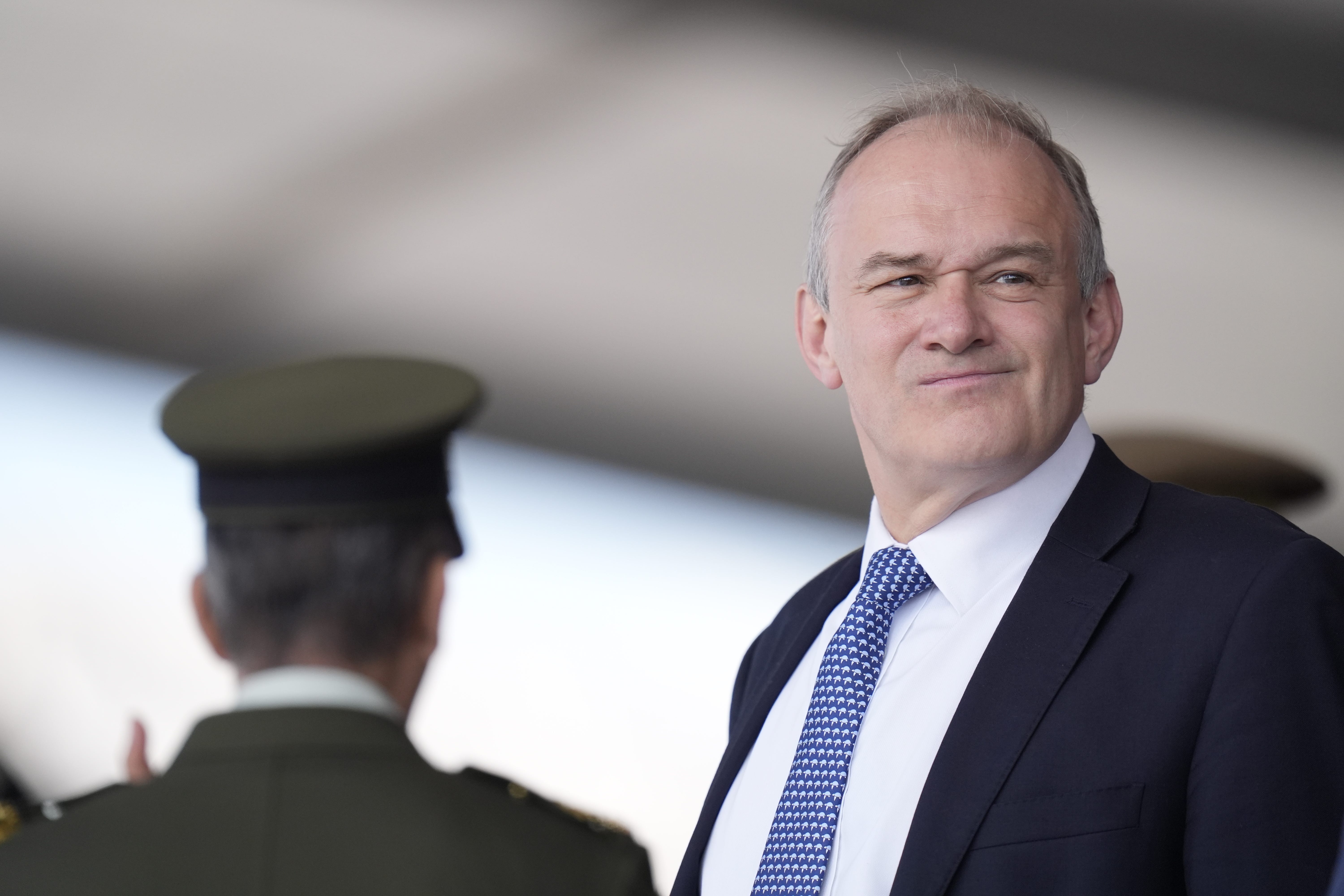‘Britain Must Stand United’: Ed Davey Urges Politicians to Confront Elon Musk’s Shocking Remarks
When Elon Musk speaks, the world listens. Known as the billionaire tech visionary behind Tesla, SpaceX, and X (formerly Twitter), Musk’s words often ripple across industries, politics, and global conversations. But this week, his comments ignited a political firestorm in the United Kingdom—one that has prompted British leaders to issue stark warnings about the health of democracy itself.
On Sunday, Ed Davey, leader of the Liberal Democrats, condemned Musk’s recent remarks, which many interpreted as an open call for violence. “Elon Musk openly called for violence on our streets yesterday,” Davey said. “I hope politicians from all parties come together to condemn his deeply dangerous and irresponsible rhetoric. Britain must stand united against this clear attempt to undermine our democracy.”
A Warning of National Instability
Davey’s comments reflect mounting concerns among British politicians that Musk’s rhetoric could incite unrest and deepen divisions already felt across the country. “This is not just about words,” Davey stressed. “This is about the stability of our nation.”
While Musk has long been a polarizing figure, especially on social media, his direct engagement with political themes in the UK marks a new phase in his public influence. By framing his remarks as an attack on Britain’s democratic institutions, critics argue that Musk has stepped far outside the bounds of responsible public discourse.

Cross-Party Condemnation
Davey’s call is significant because it goes beyond partisan politics. He urged leaders from every corner of the political spectrum to come together in defense of Britain’s democratic norms. “If we allow this type of rhetoric to spread unchecked, it risks normalizing violence and eroding the values we all depend on,” he warned.
Already, lawmakers from both the Labour and Conservative parties have signaled concern, though not all have spoken as forcefully as Davey. His remarks are a direct challenge, urging swift and collective condemnation of Musk’s words.

Musk: From Innovator to Political Provocateur
Elon Musk is no stranger to controversy. In recent years, his stewardship of X has drawn sharp criticism for allowing extremist voices back onto the platform. His political statements, often delivered unfiltered to his millions of followers, blur the line between technological innovation and political activism.
To his critics, Musk has become less the entrepreneur who wants to colonize Mars and more a political provocateur willing to stoke chaos. To his supporters, however, his remarks are framed as “truth-telling” against establishment elites. This tension has made Musk one of the most divisive public figures of the modern era.

A Question of Responsibility
At the heart of this controversy is a deeper question: What responsibility do tech billionaires and global influencers bear when they step into politics? Musk is not an elected official, yet his platform allows him to shape narratives and potentially influence real-world events at an unprecedented scale.
For British leaders like Davey, the answer is clear. Musk’s freedom of speech does not absolve him from accountability when his words threaten the stability of democratic systems. “This is about safeguarding our democracy,” Davey said firmly.
Democracy at a Crossroads
Britain, like many democracies worldwide, is grappling with the rise of populism, political disinformation, and public distrust of institutions. Musk’s remarks landed in this fragile environment, amplifying fears that irresponsible rhetoric could tip the balance further toward instability.
Davey’s warning is therefore not just about Musk, but about the broader risks facing democracies in the digital age. When influential figures normalize violent rhetoric, even indirectly, they create space for fringe movements to push further into the mainstream.
Global Implications
This controversy will not stay confined to Britain. Musk’s global reach means his words reverberate across borders, shaping debates not only in Europe but also in the United States, where political polarization is similarly acute. For American readers, the question is familiar: how should democracies respond when powerful individuals appear to undermine civic order?
Davey’s remarks echo the concerns of many in the U.S. who worry about the destabilizing effects of unchecked online speech. Just as America has wrestled with disinformation campaigns and extremist rhetoric amplified on social media, Britain now finds itself confronting these same dangers.
Looking Ahead
Whether Musk will respond to the criticism remains unclear. Historically, he has dismissed backlash as overreaction, often doubling down on his statements. If he takes a similar approach here, the controversy could intensify, placing further pressure on British leaders to act.
For Ed Davey, however, the path forward is straightforward: unity. “We must not let one individual’s reckless words divide us,” he said. “The future of our democracy depends on it.”
Conclusion
Elon Musk’s influence extends far beyond rockets and electric cars. With a single statement, he has managed to shake the British political landscape, sparking urgent debate about democracy, responsibility, and the role of powerful voices in shaping public life.
As Britain grapples with this controversy, one thing is clear: the tension between freedom of speech and the protection of democratic institutions is only growing sharper. And in that battle, leaders like Ed Davey are warning that the stakes could not be higher.